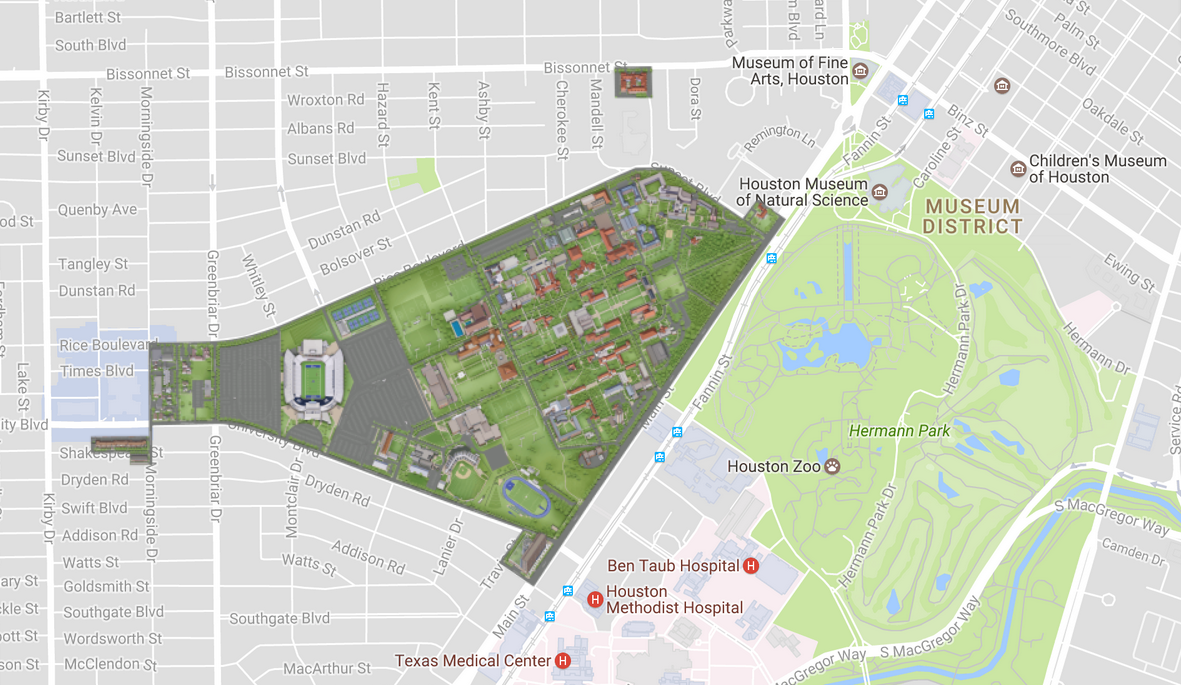Rice University Provost Reginald DesRoches has named four recipients of seed grants under the Advanced Research Projects Agency for Health (ARPA-H) program.
The awards of up to $50,000 will support work by Rice faculty and their collaborators on treatment for Parkinson’s disease, stroke rehabilitation, bolstering the immune system with engineered bacteria and detection of heart defects in children after operations.
The ARPA-H Strategic Initiative Seed Fund, one of Rice’s Creative Ventures funds, aims to kick-start high-risk, high-reward biomedical research. ARPA-H was proposed by the Biden administration earlier this year to be sponsored by the National Institutes of Health.
The winners:
Natasha Kirienko, with Hugo Bellen of Baylor College of Medicine, will study the role of mitochondria, the power plants in cells, and how their dysfunction can exacerbate the severity of neurodegenerative disease. They propose that stimulating mitochondrial turnover prior to or at the onset of disease could delay or even prevent the onset of symptoms, particularly in Parkinson’s disease.
Kirienko is an associate professor of biosciences. Bellen is a professor at Baylor and chair in neurogenetics at the Jan and Dan Duncan Neurological Research Institute.
Jacob Robinson, with Amir Faraji of the Houston Methodist Research Institute and Lan Luan, Kaiyuan Yang and Chong Xie of Rice, is developing a high-bandwidth nerve-computer interface to help those who have had a stroke improve fine control of their arms and legs by selectively simulating nerves linked to their lower limbs.
Robinson and Xie are associate professors of electrical and computer engineering and of bioengineering. Faraji is an assistant professor of neurosurgery at Houston Methodist. Luan and Yang are assistant professors of electrical and computer engineering.
Jeffrey Tabor, with Omid Veiseh of Rice and Robert Britton of Baylor, will engineer the genomes of symbiotic bacteria that modulate the immune system to produce “smart” bacteria that can reliably diagnose inflammatory bowel diseases. The team will develop technologies to identify and assemble the proper genes and safely deliver the engineered microbes to the optimal sites in the gut for longterm disease management.
Tabor is an associate professor of bioengineering and biosciences. Veiseh is an assistant professor of bioengineering and a Cancer Prevention and Research Institute of Texas Scholar. Britton is a professor of molecular virology and microbiology at Baylor.
César A. Uribe, with Sebastian Acosta of Baylor, will develop methods to detect junctional ectopic tachycardia (JET), a common and life-threatening arrhythmia in children who undergo operations for congenital heart disease. Their real-time detection system will take advantage of machine learning to extract and analyze “shape” information from patients to distinguish between normal cardiac rhythms and JET arrhythmia.
Uribe is the Louis Owen Jr. Assistant Professor of Electrical and Computer Engineering. Acosta is an assistant professor of pediatrics-cardiology at Baylor.
Author: MIKE WILLIAMS



